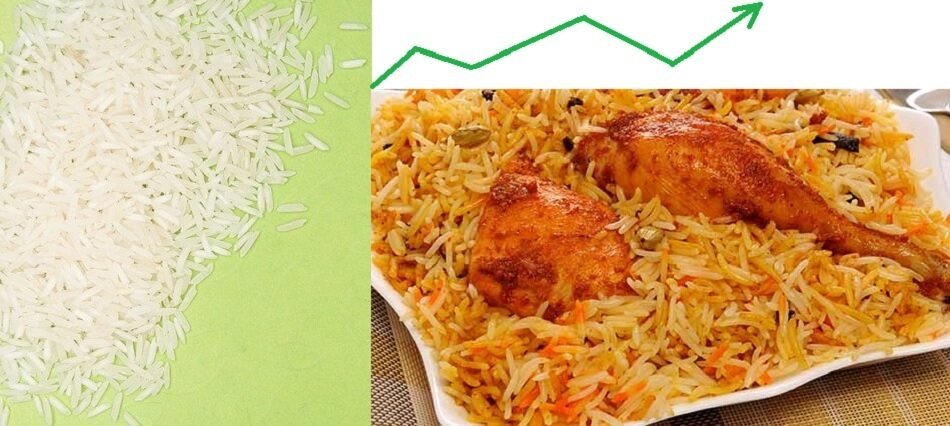Basmati rice shipments to Iran, the largest buyer of Indian aromatic rice, are expected to increase as the West Asian country lifts its seasonal ban on rice imports.
‘Although no official information has been released, it has been learned that Iran has lifted seasonal restrictions on rice imports. We expect basmati shipments to pick up in the coming months, despite higher ocean freight rates and a lack of container availability,’ said Vinod Kaul, Executive Director of the All India Rice Exporters Association.
Also Read: Iran clearing Indian basmati rice exporters’ debts of Rs 1,700 crore
To protect its growers, Iran has traditionally imposed an annual seasonal ban on rice imports during its domestic harvest season, which runs from July to mid-November.
Problems with logistics
However, the fact that Iran may have had a lower-than-normal crop this year could benefit Indian exporters, according to Kaul.
Also, he said, payment issues that Indian exporters had in the past have largely been resolved, and trade is now conducted in third-party currency — the United Arab Emirates Dirham (AED).
According to Kaul, the shortage of containers and a sharp increase in freight rates hampered India’s basmati exports from April to August this year.
The main issue is the timely availability of containers, according to Kaul, who added that the shortage persists despite the fact that demand is nearly normal.
Exports are volatile
According to Agricultural and Processed Food Products Export (APEDA) data, basmati shipments fell 16% year on year to 1.7 million tonnes in April-August this year, from 2.03 million tonnes the previous year.
Shipments were 20% lower in value, at $1.44 billion, compared to $1.8 billion in the same period last year. When asked about domestic output, Kaul stated that it is good and that a new crop is being introduced into the market.
New export markets have emerged
Exports should pick up from now until March, which is traditionally the peak season for Indian basmati shipments, according to Kaul. A few Latin American countries have imported significant amounts of Indian basmati this year.
‘We can say that some new opportunities have come from Latin America this year. However, that will continue to be a limited market as West Asia, which accounts for 72-80 percent of total basmati shipments, remains the mainstay,’ he added.
Also Read: Pakistani Traders claim India is subsidizing rice exports, wants WTO to investigate
In 2020-21, India exported 4.63 million tonnes of basmati rice worth $4.02 billion, compared to 4.45 million tonnes worth $4.37 billion in the previous year.


















Add Comment